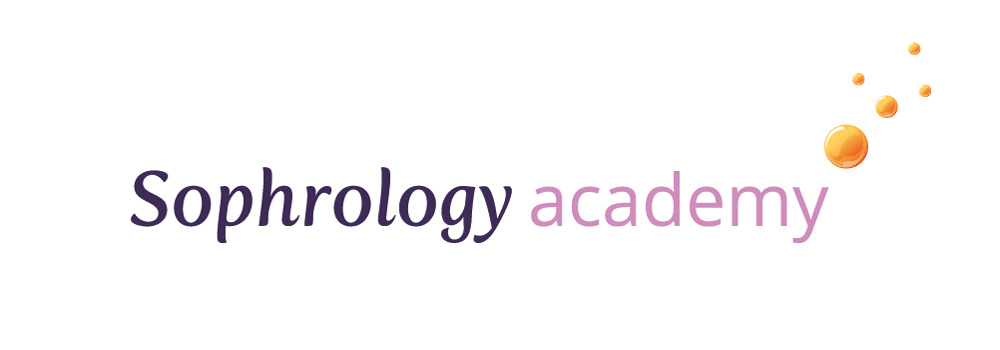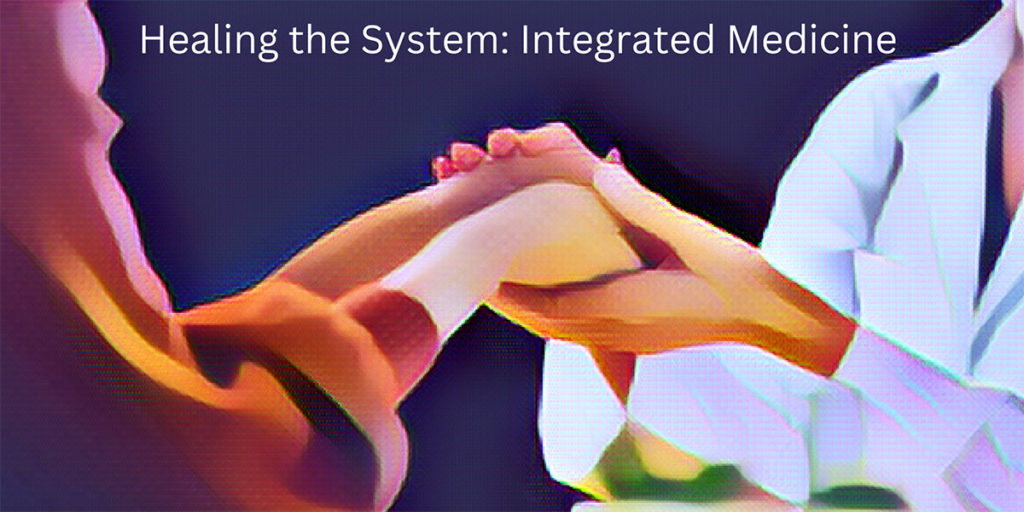Using the body-mind connection to heal the self is no longer an abstract concept in the western world. Those who benefit from such practices as yoga, meditation and mindfulness are quietly leading the way towards greater awareness of the power of a ‘whole-person’ approach to health – and a growing desire to see Integrated Medicine become a reality.
Whilst a growing number of these ‘leaders’ are health professionals, they are also carers; managers; shift workers, friends and family – people from all walks of life who understand that self-care is not an ‘optional extra’, but at the root of maintaining our long-term wellbeing.
The timing isn’t serendipitous. As a direct result of our current health crisis, we have consciously begun searching for alternative solutions to waiting for an over-burdened and under-resourced healthcare system to attend to our needs. Recent reports that half a million additional people have dropped out of the workforce due to long-term sickness suggest that the healthcare system could use a helping hand.
However, conventional medicine must do more than lean into the wisdom of complementary care; it needs to embrace the evidence of its effectiveness and form a solid, working alliance to be truly effective.
In the meantime, some practices increasingly stand out as powerful wellbeing tools for 21st-century living and the continued surge of chronic illnesses that it brings; and amongst these practices, is Sophrology.
Promoting Wellness: Sophrology
Sophrology, which uses mindfulness, meditation and dynamic relaxation exercise is known to be effective in helping those diagnosed with a chronic illness. Its success comes from the fact that its effect touches on all aspects of wellbeing, incorporating the best of western and eastern approaches to create an accessible lifestyle intervention.
Importantly, whilst conventional medical models focus on treating illness, Sophrology focuses on promoting wellness. The two, together, create a powerful force for good, giving patients a better chance of managing their illness more effectively.
Further, the positivity, resilience and self-awareness that enable a person to flourish; are key outcomes of the Sophrology method. It offers a way to help alleviate the symptoms of fatigue, sleep issues, pain, cancer, stress, and low mood by focusing on the ‘whole person’. Sophrology looks at all aspects of lifestyle and environment, from our inner world, such as mindset, to family, work life and community.
Crucially, however, Sophrology is a method that we can learn to use by ourselves, whenever and wherever we need it. Educating our society about the importance of practising self-care, and providing life tools – such as Sophrology – could give patients a means of adopting a more positive and proactive mindset during times of both illness and wellness.
Sophrology and Chronic Illness
Those in front line services have the greatest insights into the value of an integrated approach to healthcare. After spending over 30 years in Social Care consultancy and coaching roles, Beryl Palmer turned to Sophrology to assist her personally during a period of burnout, and subsequently trained as a Sophrologist. Beryl now works at a Wellbeing Clinic, providing Sophrology sessions to terminally ill adults, their families and carers, alongside her role as a consultant.
Those referred to Beryl use the Sophrology techniques to find a sense of calm, and to cope with issues such as anxiety, stress and low mood, as well as issues around pain and sleep problems. The combination of treatment and complementary practices makes a huge difference in their mindset.
“So much of our wellbeing stems from an awareness of ourselves and our needs as an agent, rather than a ‘patient’”, explains Beryl. “As a Sophrologist working with people at end-of-life stage, I see, every day, the potential benefits of Integrated Medicine. Emotional and mental aspects of wellbeing can’t be separated from the body, and that’s where conventional medicine, where only illness is treated, can fall short of the wider support that an individual needs.”
Acceptance and Resilience through Sophrology
Audrey Zannese, Sophrologist, also works with those diagnosed with chronic illness; having had MS for a number of years, she has first-hand experience of how a move towards Integrated Medicine could help to unlock an individual’s ability to impact their medical treatments:
“My approach is not to fix people, rather to teach them how to feel whole with the condition they have. I help them to listen to what their body needs, and help them calm their minds so they don’t always jump to the worst-case scenario. When you start experiencing positive changes in your body and in your mind, you also experience changes in your emotions and ultimately your behaviours change. You can keep a positive and serene outlook on your life and feel you have everything you need within yourself to deal with life challenges.”
Sometimes the smallest ‘wins’ can have a profound effect on the challenges we face. Audrey relays a very practical example of how a method such as Sophrology can be used to support medical intervention:
“One of my clients had an inoperable tumour in her throat. The only solution was to use radiofrequency ablation, a procedure which involved the use of a long needle. Nervous of needles, my client was understandably apprehensive, particularly as she knew she’d be awake, and – since the procedure was on the throat – she would have to keep very still.
Thanks to the Sophrology exercises, she learned to stay calm during the procedure, which was a success. The surgeon, impressed by how calm and relaxed she was during the procedure, went on to recommend Sophrology regularly, to his patients.
This is the slow revolution that is happening behind and beyond surgery doors.
Now, in this time of need, Integrated Medicine offers a cost-effective and workable solution. But first, it requires – not only greater investment into research – but also a more spirited and resolute approach to promoting those practices, such as Sophrology, which hold such potential for healing. To strengthen the healthcare system with the combined support of existing, working complementary therapies, is to strengthen the communities that depend on it.


